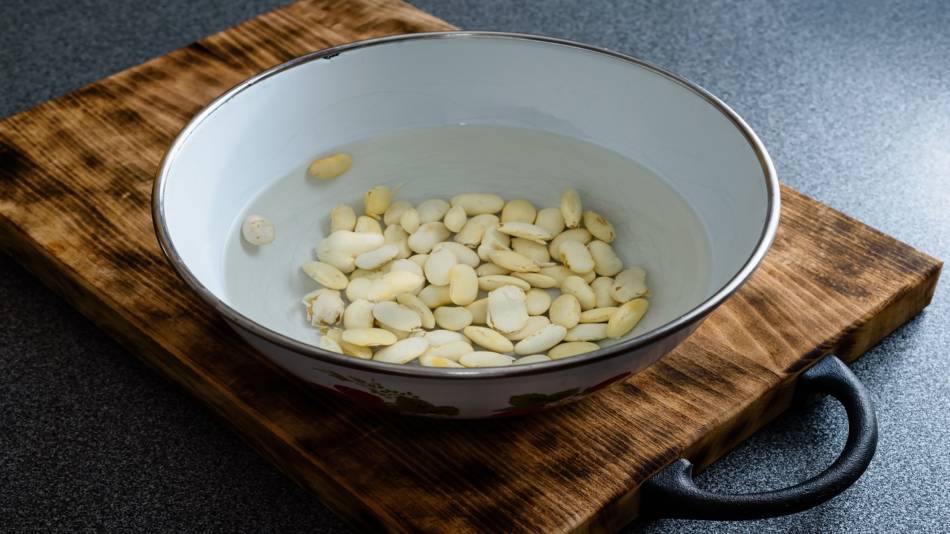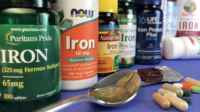Our Members Asked:
I've heard that soaking dried beans for 24 hours reduces the phytate level, allowing for greater access to nutrients. Is this true?

Answer:
Beans, other legumes, and some other plant-based foods contain "antinutrient" compounds, such as phytate, that can limit, by as much as 50%, the body's absorption of nutrients such as iron, zinc, and calcium from these foods. Research suggests that this effect may only be a health concern when a high phytate diet is combined with a deficiency in trace elements (Pires, Front Chem 2023), but if you are concerned about the effects of phytate, soaking can help reduce the amount — although soaking some foods, or soaking too long, may lead to a net loss of nutrients. There is also preliminary evidence that adding certain vegetables or fruits to beans during cooking might increase the bioavailability of nutrients in beans, as described below.
Another potentially problematic group of compounds in beans and legumes, as well as in cereals, rice, potatoes, and certain other vegetables is lectins. If consumed in large amounts, lectins can cause nutrient deficits, gastrointestinal illness, allergic reactions, autoimmune disorders, inflammation, and even death (Urugo, Int J Food Sci 2023). Fortunately, most lectins can be inactivated by following appropriate cooking and soaking methods.
Sign in as a member to learn more, including which foods to soak or not soak, as well as how long to soak to reduce phytate, or soak and boil to remove lectins.
Join today to unlock all member benefits including full access to all CL Answers and over 1,400 reviews.
Join NowAlready a member? Sign In Here.
Join now at www.consumerlab.com/join/









Submit your comment
This feature is restricted to active members.
Join now to add comments and get all member benefits, including over 1,400 reviews.
Join NowAlready a member? Sign in here.